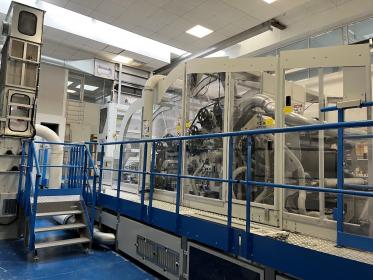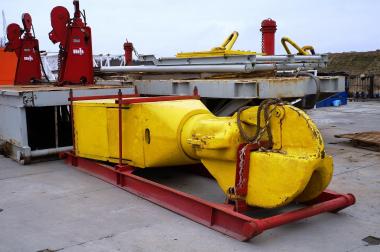ANDRITZ: New spunlace pilot line for natural and recycled fibers
International technology group ANDRITZ has installed a new spunlace pilot line at its center of competence in Montbonnot, France. It allows customers and partners to conduct trials for producing nonwovens from recycled and/or natural fibers such as hemp, flax, and cotton.
The new pilot line features optimized web forming and entanglement for smooth processing of sensitive and irregular fibers. The innovative card set-up is designed to protect and maintain the quality of the fibers while achieving outstanding productivity rates.
Another special feature of this pilot line is the integrated ANDRITZ Metris digitalization system. It allows the operators to collect and analyze all useful data about the line’s capacity and performance. This is a perfect tool for optimizing costs, saving time and predicting maintenance.
With the new line, the ANDRITZ Nonwoven team now operates two spunlace pilot lines at the Montbonnot technical center. The first line has optimized processes, for instance WetlaceTM, for processing various synthetic and man-made fibers. ANDRITZ process experts ensure that advanced technology and know-how are available under one roof at Montbonnot.
ANDRITZ AG










